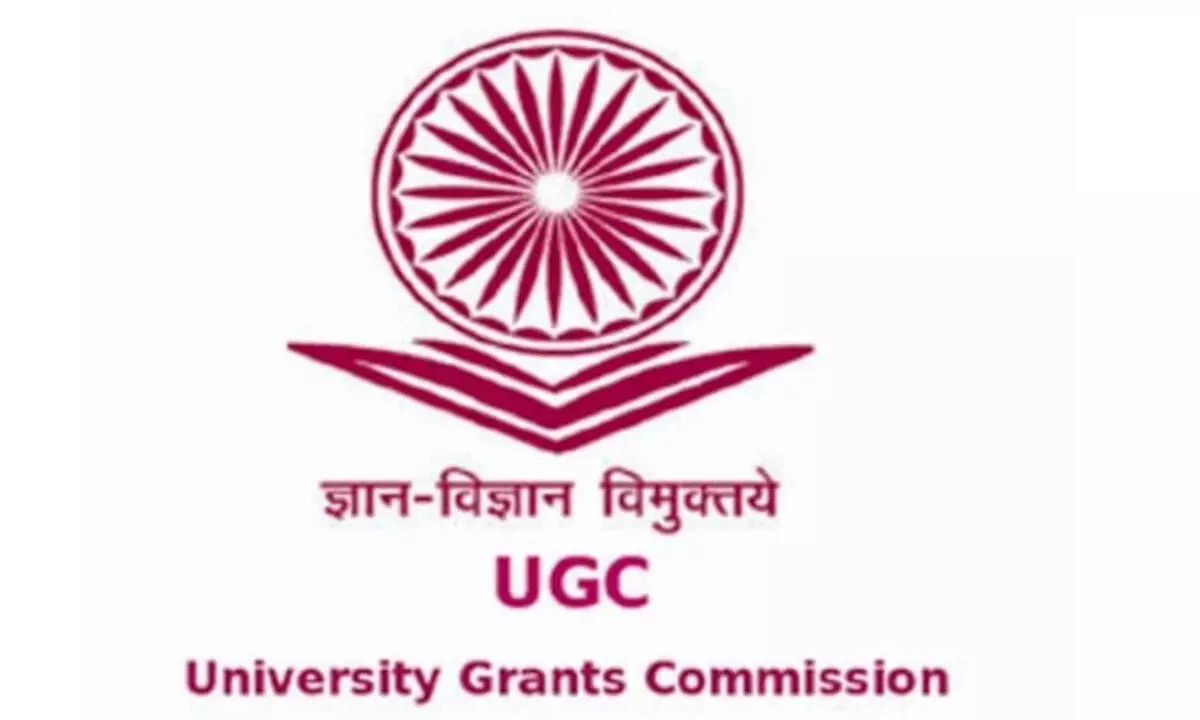UGC takes a major decision empowering HEIs to offer AEDP UG courses

University Grants Commission
Decision comes close on the heels of the State government YISKU initiative
Hyderabad: The University Grants Commission's (UGC) decision to issue guidelines on Apprenticeship-Embedded Degree Programmes (AEDP) comes as a real boost to the Telangana State government's initiatives for skill-empowered education for youth in the state. It is noteworthy that the state government recently announced the establishment of the Young India Skill University (YISU) and transformed all the Industrial Training Institutes (ITIs) in the state into Advanced Technology Centres (ATCs). The objective was to address the issue that students graduating from Higher Educational Institutions (HEIs) in the state lacked the industry-relevant skills, rendering them jobless. Following the government's decision, YISU has launched admissions for four courses starting from November 4. YISU aims to train 2,000 youth in its first year of operation.
Against this backdrop, the UGC announced its decision to issue guidelines for AEDPs by HEIs by "blending the benefits of both an apprenticeship and a university degree." The HEIs can launch the AEDP programmes starting from the January-February 2025 admission cycle. UGC Chairman, Prof. M. Jagadesh Kumar, stated that the draft UGC guidelines for the Apprenticeship-Embedded Degree Programme (AEDP) are a significant step towards enhancing the employability of the youth. By formally integrating apprenticeships into degree curricula, students gain hands-on learning alongside theoretical knowledge, equipping them with the competencies sought by employers. He added, "We urge all eligible higher education institutions to take advantage of these guidelines and offer AEDP programmes to their students."
One of the major benefits of the AEDP is the inclusion of credits and the duration of the apprenticeship from the second semester onwards. A key change is that HEIs can now offer a single internship stretch lasting at least one semester (6 months). Additionally, HEIs will have flexibility in curriculum design and credit mechanisms for credit transfer as part of the degree programme. "The credit system is established based on training hours (Credits as per the National Credit Framework; 30 hours of training = 1 Credit. 1-year apprenticeship training = minimum 40 credits)." However, only HEIs meeting specific criteria, such as NAAC accreditation or NIRF rank, are eligible to offer AEDP undergraduate courses.
Moreover, the new guidelines provide for the payment of stipends to students based on whether the AEDP courses are offered through the National Apprenticeship Training Scheme (NATS) or as per the Apprentices Act, 1961, directly with the industry. The UGC stated that it would soon release the draft guidelines for public review to invite comments, suggestions, and recommendations from all stakeholders, including students and the general public, before making a final decision on issuing the UGC guidelines for AEDP courses.








